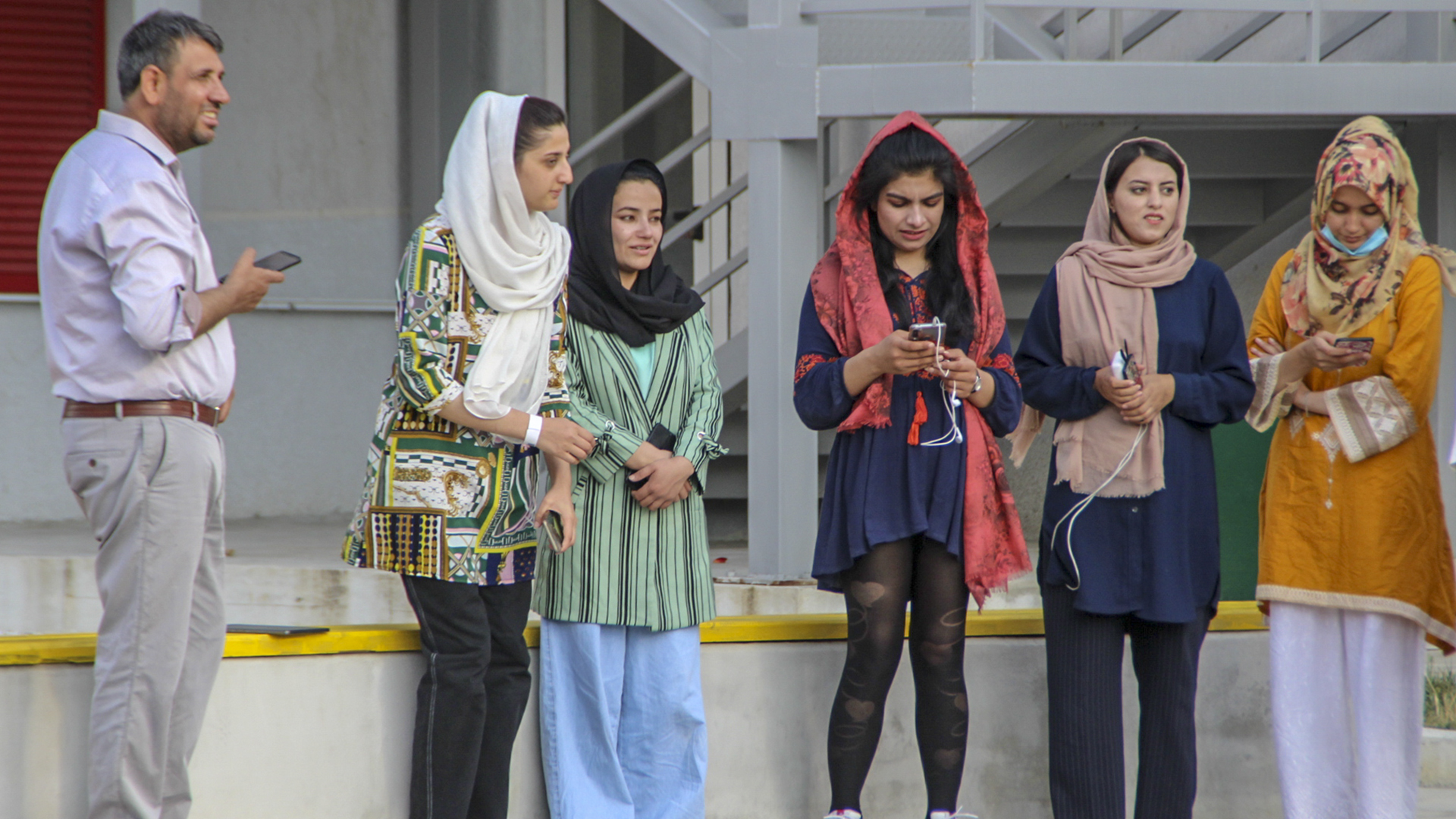
Thinking of Kabul
The first Afghan refugees arrive in Albania.

Isa Myzyraj
Isa Myzyraj is a journalist in Albania, currently working for the television chain Ora News and for the portal Historia ime, where he covers current events in the country, region and the world related to human rights violations. He completed his studies in Political Science at the University Aleksandër Moisiu in Durrës, Albania.
This story was originally written in Albanian.